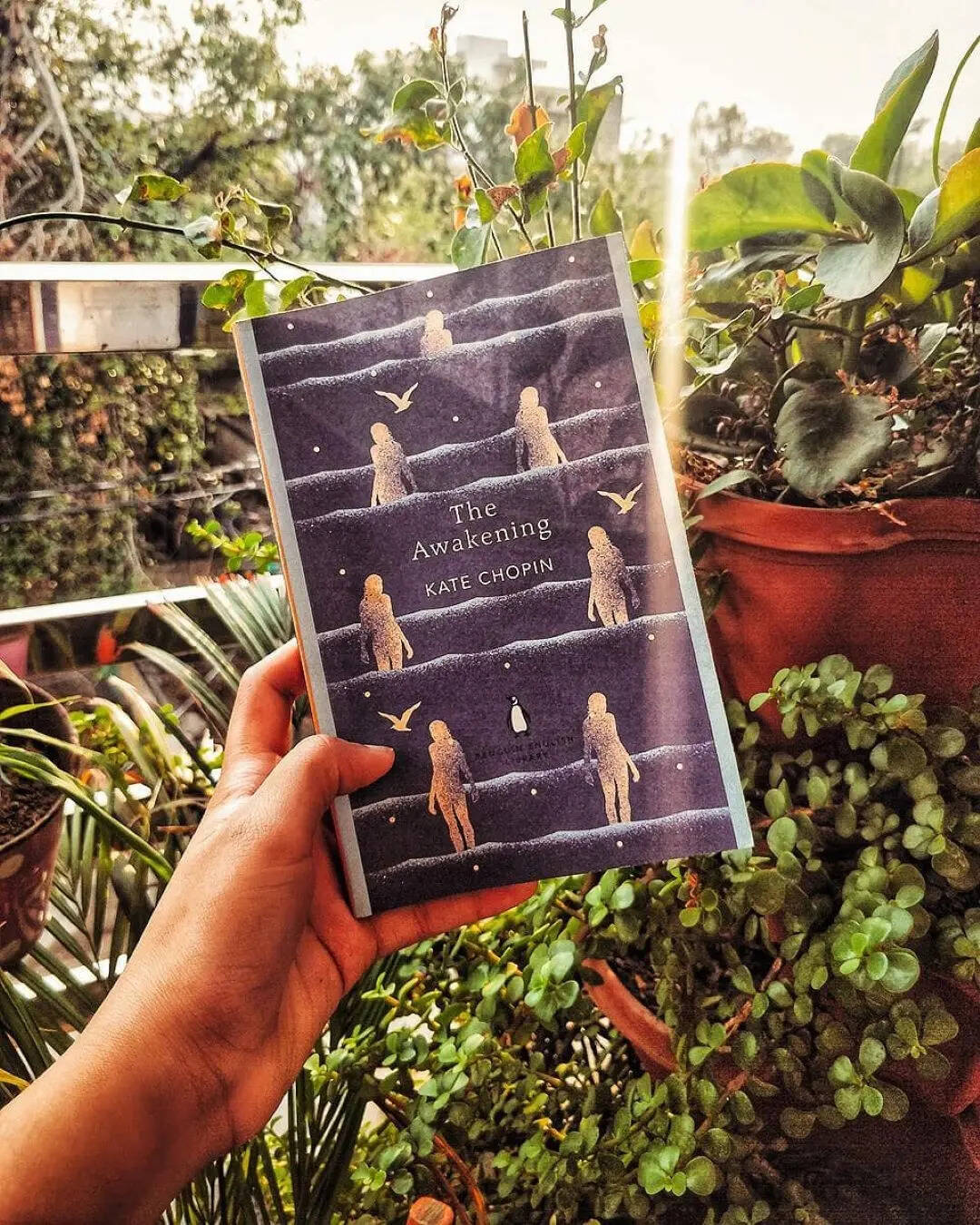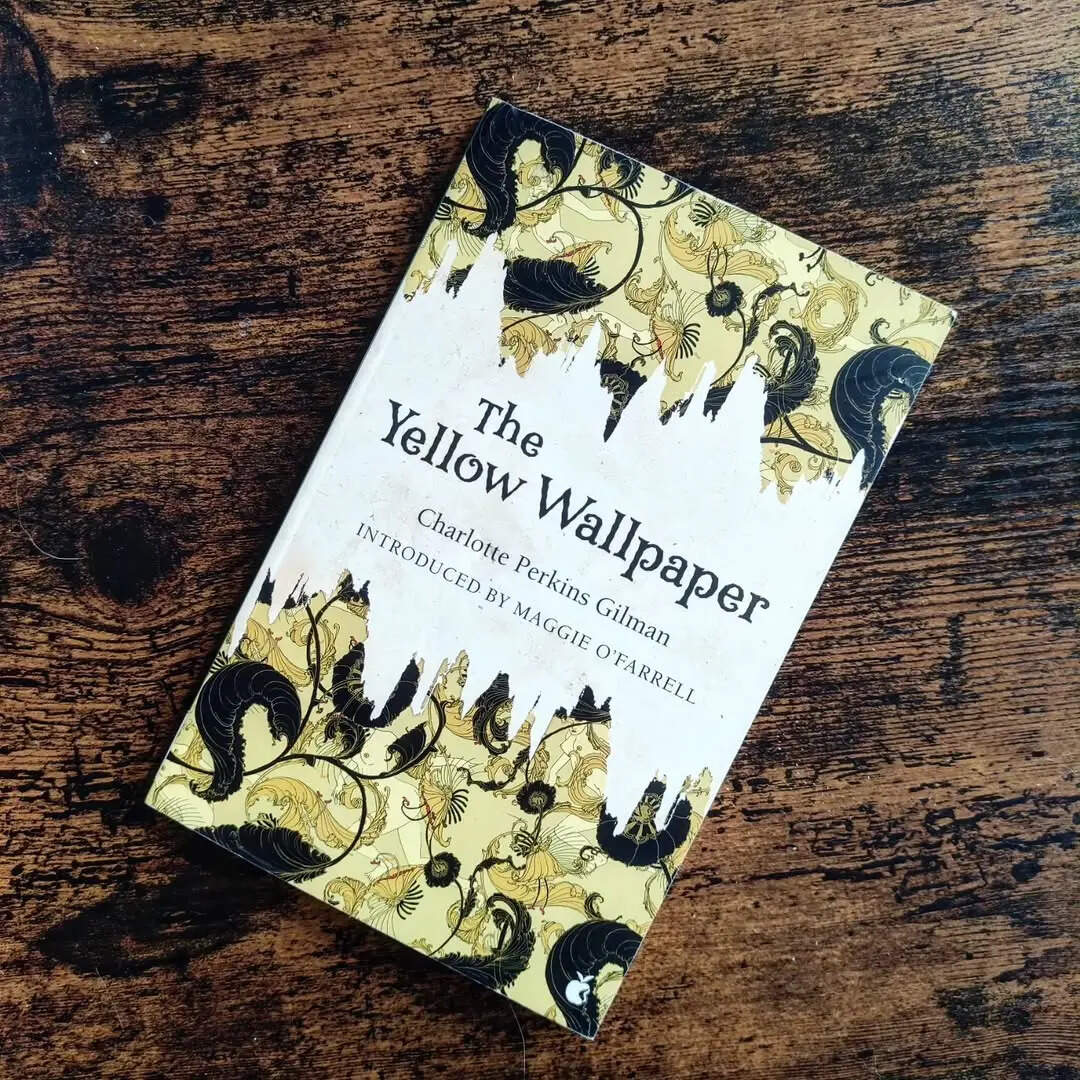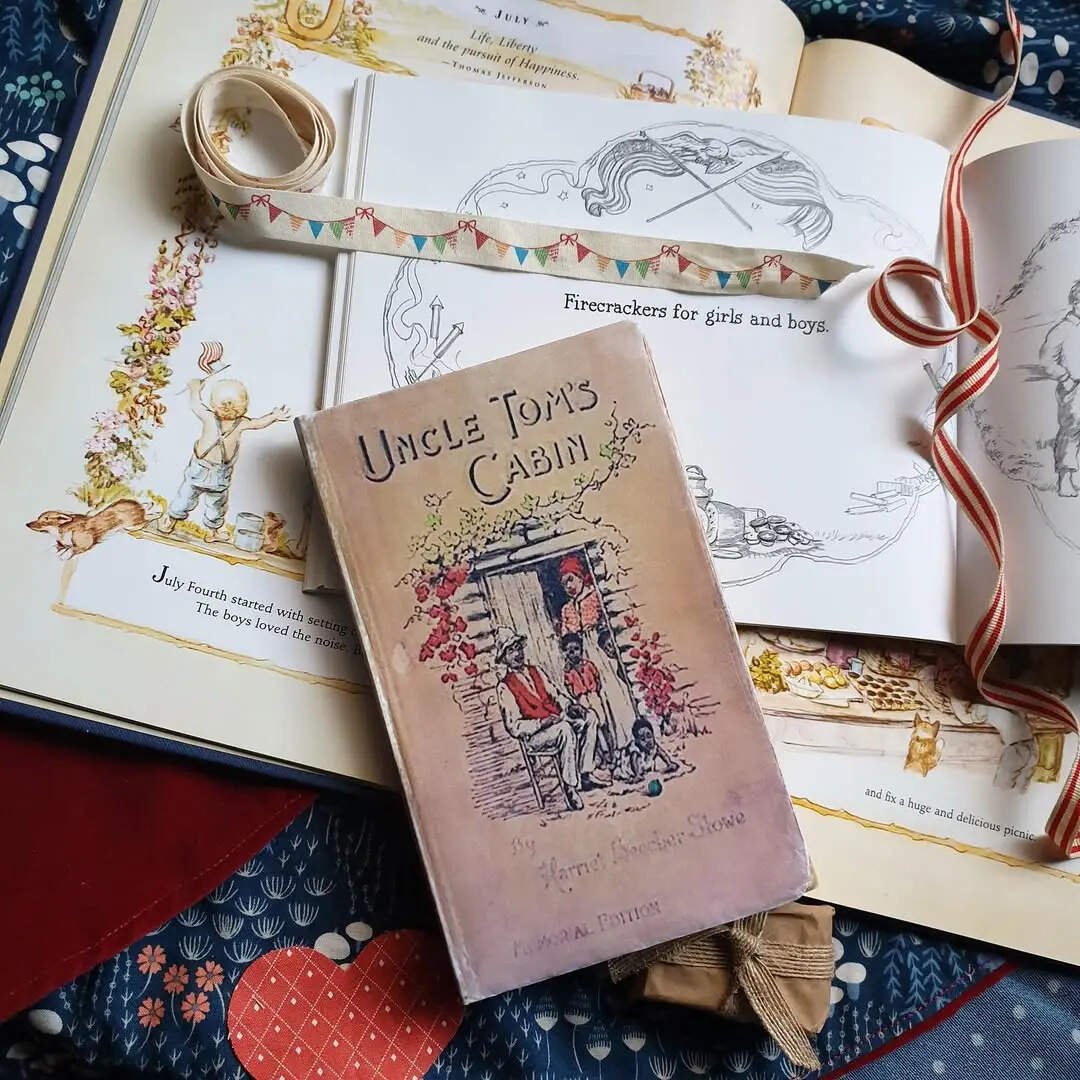
10 Classic Books That Slap Harder Now Than They Did in the 1800s
Some books age like wine. What once whispered in the margins now roars in the main text. These classics didn’t get the applause they deserved back in the 1800s, often misunderstood, misread, or simply overshadowed by the times they were born into. But today, they hit different—deeply relevant, emotionally rich, and politically sharp. These aren’t just relics of the past; they’re voices echoing truths we’re only just beginning to truly hear. Their time has finally come. The silence around them has lifted; now they demand attention, empathy, and thoughtful reappraisal.
1. The Awakening by Kate Chopin
Published in 1899, ‘The Awakening’ scandalized its readers with a woman who chose passion, independence, and selfhood over domesticity. Edna Pontellier’s quiet revolution speaks volumes today in the age of feminist introspection and mental health awareness. Once shelved as immoral, the novel now reads as a precursor to modern conversations about autonomy, identity, and the burdens placed on women. Chopin’s lyrical prose and raw honesty are more urgent and relevant now than ever before. What once shocked me now resonates with startling clarity.
 The Awakening by Kate Chopin (Picture Credit – Instagram)
The Awakening by Kate Chopin (Picture Credit – Instagram)
2. Persuasion by Jane Austen
Often overlooked next to Austen’s more popular works, ‘Persuasion’ was her final completed novel and her most mature. Anne Elliot’s story of regret and resilience wasn’t as flashy as Elizabeth Bennet’s wit, but today’s readers appreciate the depth of her quiet strength. Themes of emotional intelligence, second chances, and delayed gratification resonate strongly now, especially in a culture that values inner growth, understated power, and the ability to course-correct through humility, patience, and self-reflection.
3. Wuthering Heights by Emily Brontë
Initially dismissed as a savage love story, ‘Wuthering Heights’ was too dark, too chaotic, too intense for its time. But modern readers see its Gothic brilliance, psychological depth, and searing critique of generational trauma. Heathcliff and Catherine’s volatile relationship is now explored through lenses of abuse, obsession, and colonial displacement. Far from romantic idealism, the novel confronts emotional chaos and societal failures that feel unsettlingly familiar in today’s world of wounded legacies and inherited scars.
4. The Brothers Karamazov by Fyodor Dostoevsky
Dostoevsky’s final novel is a slow burn laced with explosive questions: morality, free will, and the existence of God. In the 1800s, it felt philosophical and dense; today, it reads like prophecy. Ivan’s moral dilemmas and Alyosha’s fragile hope tap into postmodern spiritual emptiness. With global unrest, rising nihilism, and widespread moral confusion, ‘The Brothers Karamazov’ doesn’t feel like a relic—it feels like a mirror, and it’s showing us what we don’t want to see.
5. The Yellow Wallpaper by Charlotte Perkins Gilman
Too radical for its time, ‘The Yellow Wallpaper’ was published in 1892 and dismissed as a weird tale. Today, it’s recognized as a feminist and psychological landmark. The unnamed narrator’s descent into madness is not just haunting—it’s a scream against medical patriarchy, creative repression, and domestic imprisonment. As we continue to unpack gendered trauma and misunderstood diagnoses, this chilling short story lands harder than ever, pulsing with relevance and echoing the cries that once went unheard.
 The Yellow Wallpaper (Picture Credit – Instagram)
The Yellow Wallpaper (Picture Credit – Instagram)
6. Les Misérables by Victor Hugo
Hugo’s sprawling novel of justice, poverty, and redemption once overwhelmed readers with its scale and moral gravity. Today, its emotional breadth and critique of systemic oppression strike with renewed clarity. ‘Les Misérables’ captures the nuances of justice, resistance, and grace through Jean Valjean’s struggle and Javert’s obsession. With today’s widening wealth gap, protests, and carceral critiques, this sweeping epic doesn’t feel like history—it feels like a mirror held up to the brokenness of now.
7. Jane Eyre by Charlotte Brontë
When first published, ‘Jane Eyre’ shocked readers with its passionate and independent heroine. Jane’s refusal to compromise her integrity or desires was revolutionary then, but now, she feels like a kindred spirit. Her journey from orphaned child to self-possessed woman is a blueprint for emotional resilience. Themes of autonomy, consent, and female agency feel incredibly current, as does the novel’s sharp examination of patriarchal power disguised as affection and traditional romance.
8. The Scarlet Letter by Nathaniel Hawthorne
Dismissed by some early readers as too symbolic or moralistic, ‘The Scarlet Letter’ now stands as a striking meditation on societal shaming and resilience. Hester Prynne’s endurance in the face of public condemnation feels painfully familiar in our age of viral judgment and performative outrage. Her quiet dignity, refusal to be defined by shame, and strength as a single mother turn this Puritan tale into a timeless anthem for privacy, identity, and personal redemption.
9. Uncle Tom’s Cabin by Harriet Beecher Stowe
Called sentimental in its day, ‘Uncle Tom’s Cabin’ has since sparked complex and uncomfortable conversations. While its portrayal of race is debated, its impact is undeniable. Readers now revisit it through a more critical lens, recognizing its emotional urgency and role in shaping cultural narratives. The humanity Stowe granted to enslaved people was radical then and remains powerful today. The novel’s moral fire still challenges how we process history, empathy, and enduring racial inequality.
 Uncle Tom’s Cabin (Picture Credit – Instagram)
Uncle Tom’s Cabin (Picture Credit – Instagram)
10. A Tale of Two Cities by Charles Dickens
Though popular in its time, ‘A Tale of Two Cities’ has grown sharper in meaning as history repeats itself. Dickens’s vision of inequality, revolution, and personal sacrifice mirrors modern unrest. The portrayal of disillusioned citizens and sharp class divides feels eerily familiar today. Sydney Carton’s transformation from a wasted life to a redemptive hero echoes in modern calls for accountability, justice, and hope. It’s not just historical fiction—it’s a parable with echoes in every headline. Its urgency grows louder with each societal upheaval.
What once whispered now commands attention. These books were ahead of their time—ignored, minimized, or misunderstood. Today, they don’t just speak; they demand to be heard. From gender and race to justice and identity, their messages strike deeper than ever. The world finally caught up to their brilliance, and they slap harder not only because we’re ready but because we need them. Their fire hasn’t faded; it’s only just begun to burn at full force. Silence once buried them, but truth keeps digging them out.